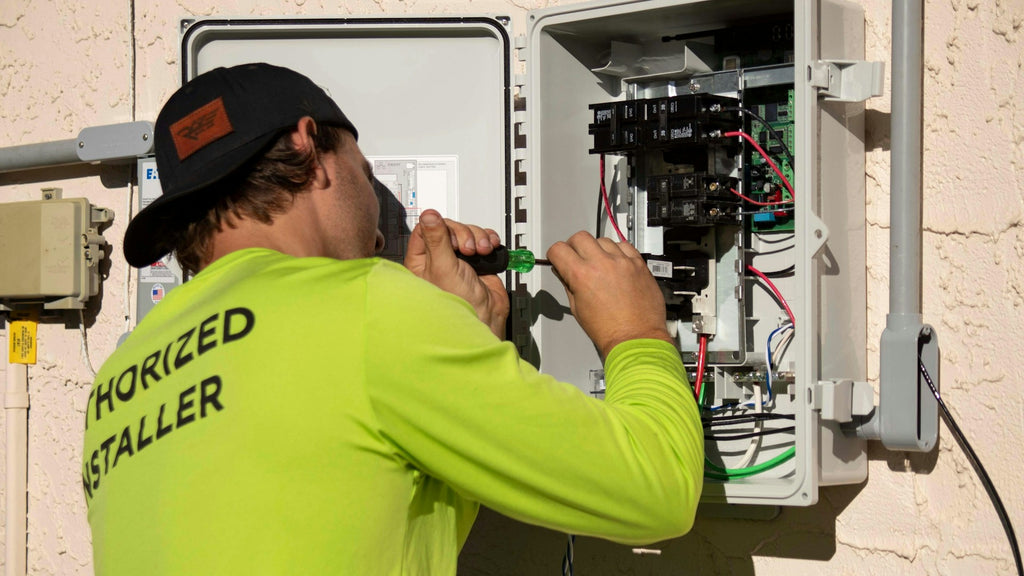Solar inverters are critical components in solar power systems, converting DC electricity generated by solar panels into AC electricity used by most household appliances. However, like any technology, they can encounter issues. This article delves into common solar inverter problems and solutions, providing a comprehensive guide to troubleshooting.

1. Understanding Solar Inverter Problems
Solar inverters can face various issues, ranging from minor glitches to significant malfunctions. Understanding these problems is the first step in effective troubleshooting. Some common issues include:
- Inverter not turning on
- Low power output
- Overheating
- Grid connection issues
- Error codes
1.1 Inverter Not Turning On
One of the most common problems is the inverter not turning on. This issue can be caused by several factors, including:
- Faulty wiring
- Blown fuses
- Battery issues
To troubleshoot, check the wiring connections and fuses. If the problem persists, it might be necessary to consult a professional.
2. Low Power Output
Low power output can be frustrating, especially when you expect your solar system to perform optimally. This issue can be due to:
- Shading on solar panels
- Dirty panels
- Inverter efficiency
Ensure that your panels are clean and free from obstructions. Additionally, check the inverter's efficiency rating to ensure it meets your system's requirements.
2.1 Overheating
Overheating is another common issue that can affect the performance of your solar inverter. Overheating can be caused by:
- Poor ventilation
- High ambient temperatures
- Excessive load
To mitigate overheating, ensure that the inverter is installed in a well-ventilated area and not exposed to direct sunlight. Additionally, consider reducing the load on the inverter.
3. Grid Connection Issues
Grid connection issues can prevent your solar inverter from feeding electricity back into the grid. These issues can be caused by:
- Grid voltage fluctuations
- Frequency mismatches
- Inverter settings
Check the grid voltage and frequency to ensure they are within acceptable ranges. Adjust the inverter settings if necessary, or consult with your utility provider.
3.1 Error Codes
Modern solar inverters come equipped with diagnostic tools that display error codes when something goes wrong. These codes can help identify the problem and guide troubleshooting efforts. Refer to the inverter's manual for a list of error codes and their meanings.
"Understanding the error codes displayed by your inverter can significantly reduce the time spent troubleshooting and help you identify the root cause of the problem quickly."
4. Solutions and Best Practices
To ensure the longevity and optimal performance of your solar inverter, consider the following best practices:
- Regular maintenance and cleaning of solar panels
- Periodic inspection of wiring and connections
- Monitoring inverter performance and addressing issues promptly
- Ensuring proper ventilation and cooling
By adhering to these best practices, you can minimize the occurrence of common solar inverter problems and ensure your solar power system operates efficiently.
4.1 Product Recommendations
For those looking to upgrade or replace their solar inverters, consider the Solar Inverter 12345. This model offers high efficiency and robust performance, making it an excellent choice for residential and commercial installations.

4.2 Video Guide
For a visual guide on troubleshooting solar inverters, watch the following video:
In conclusion, understanding common solar inverter problems and solutions is crucial for maintaining the efficiency and longevity of your solar power system. By following the troubleshooting tips and best practices outlined in this article, you can address issues promptly and ensure your system operates smoothly.








